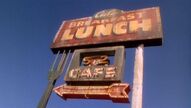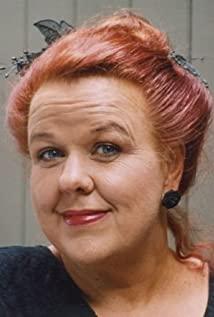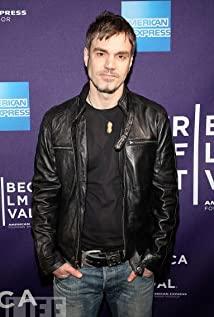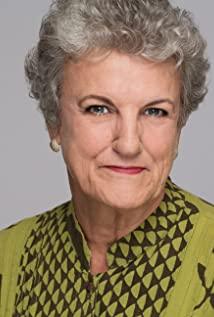"Killing" tells the story of two lovers who enjoy killing (the first half) and escape from prison (the second half).
"Orange" tells the story of an evil young man who uses the media to gain freedom after being treated with psychotropic drugs after being imprisoned.
"Guess" tells the story of a drug addict who turns his back on evil and turns his back on the dark.
All three films make the same proposition: modern society has no place for people with evil at heart, so what should they do? Their instinct is to commit crimes, and they yearn for violence and pornography, and their character is either born or formed under social influence, and they themselves seem (say it seems because the film more or less criticizes these behaviors) and No fault.
Compared with "Orange" and "Guess", I prefer "Kill", because "Kill" has a higher perspective, it criticizes the entire social system: this society makes people yearn for violence and pornography, and people with poor control ability do not The place to live is not the problem of these people themselves, but the problem of society. Because one, they have their own value judgment system, and the formation of this system is not their own fault (not even "wrong", because there is no right or wrong standard). Second, even if their values are not in line with modern society, there is no way for modern society to change their values. This is equivalent to: a small system logic developed by a large system logic contradicts the former. Nature's solution for contradictory species is "extinction", but the choice of human society is to continue to transform them, and believe that they can "correct" one day, but these are just in vain.
We should still try more to define morality and good and evil. How did the strong prey on the weak evolve a human society that protects the weak from death? This is not entirely the result of different needs of the strong (the strong in nature need to be hungry, while the strong in humans need self-realization).
For a long time, people's perceptions of morality and good and evil have been constrained by religion and law. Modern law is a coercive contract whereby the individual enjoys social protection and in most cases can rely on his own wisdom to meet his needs, a contract that is compelled to enter into at birth, and which he cannot resist (unless immigration, however, At the level we're talking about, the laws of every country on Earth are pretty much the same). And morality is the continuation of the law, a code of conduct, and a non-mandatory contract. The standards of its judgment are related to the environment in which people live, not good or evil. So now the definition of morality is more difficult.
The rulers' definition of "goodness" is: be kind to others, obey the law, be industrious, be brave, down-to-earth, bear hardships and stand hard work, love boundless, tolerant and selfless... But why not "love freedom, pursue freedom, and enjoy freedom"? Why not "love beauty, pursue beauty, and enjoy beauty"? I tend to agree that true morality doesn't require metrics. The real morality is the law, we can only follow this law, not to prohibit one side, but to develop the other side. Good and evil are two sides of the same coin. From a psychological point of view, if a person always shows goodness to others, then the evil side will definitely be suppressed, and if it accumulates too much, it will explode.
Here I have a wholesale conclusion to share with you: morality is aesthetics. In this regard, even if I discuss a little bit, I am afraid that I will be limited or wrong, and I will leave it for you to experience.
View more about Natural Born Killers reviews











